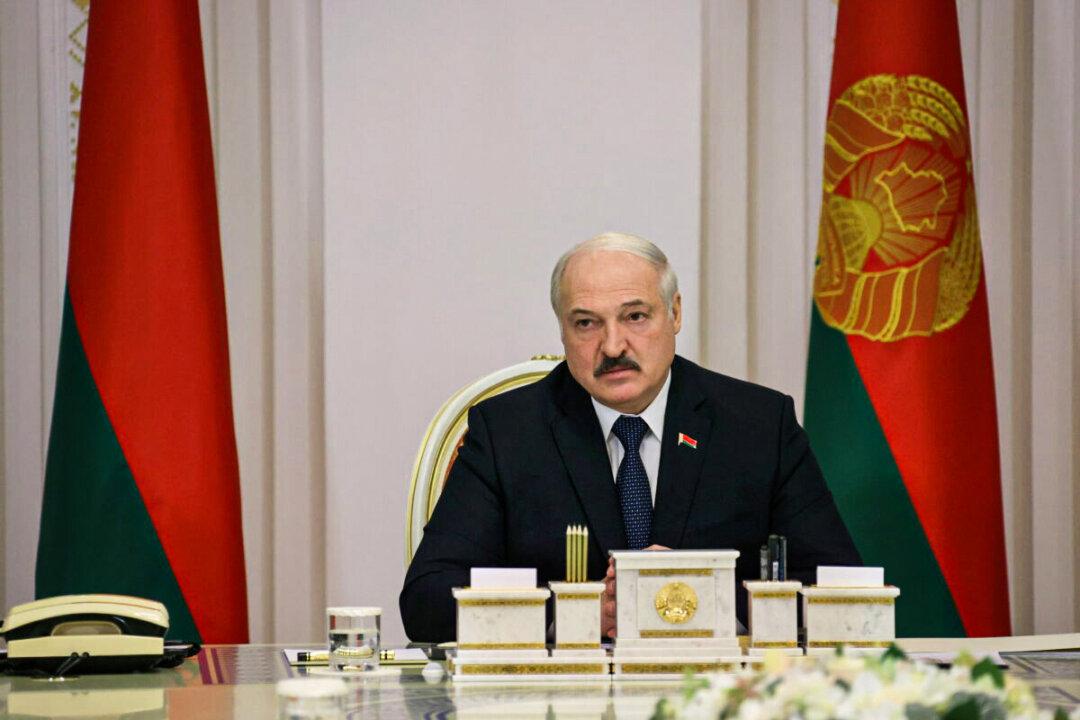Belarusian president, Aleksandr Lukashenko, allegedly agreed to negotiate with the European Union about how to solve the illegal immigration crisis at the Belarusian–Polish border.
Lukashenko, in a phone conversation with Germany’s acting Chancellor Angela Merkel, on Monday, agreed that Belarus would negotiate with the EU a solution to the border crisis, according to Belarusian press agency Belta.





